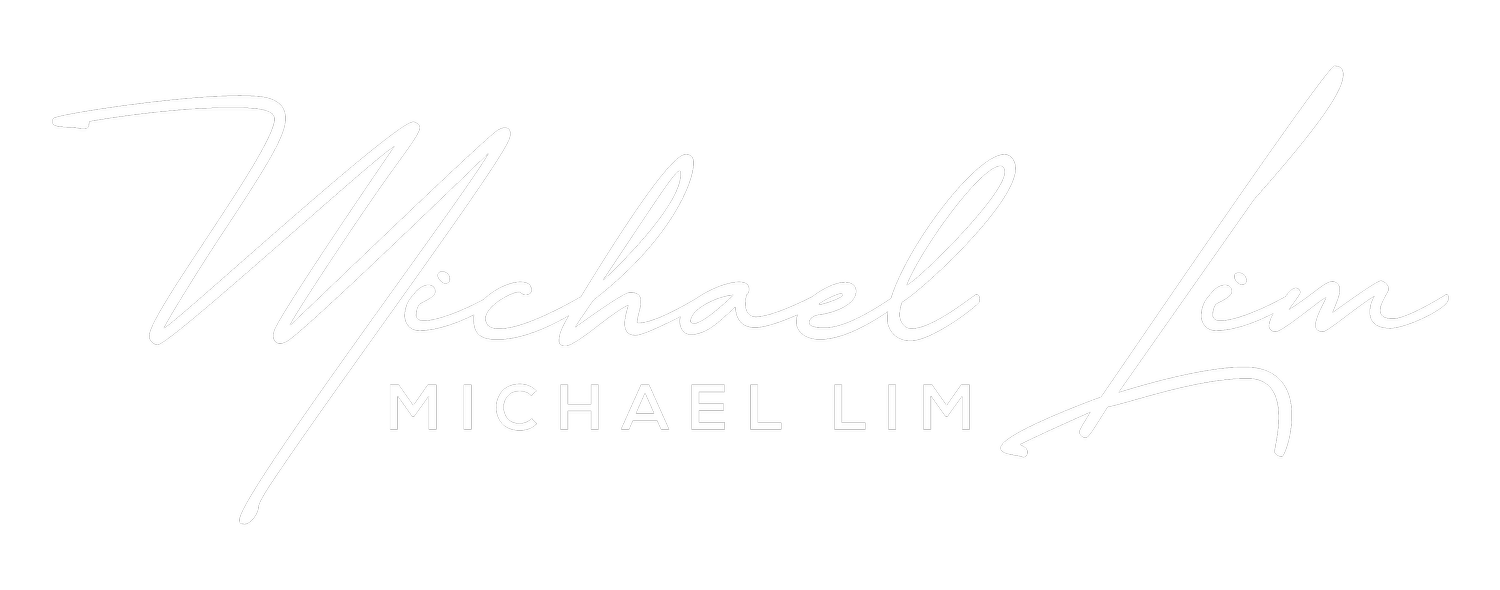The One Financial Milestone Every Millennial Should Focus On Achieving By 30.
After reading dozen of books and hundreds of articles, I’ve stumbled upon the one financial milestone every 20-something should focus on achieving.
Photo by Sharon McCutcheon on Unsplash
Personal finance is a hard game to navigate.
If you put ‘personal finance’ into Google or YouTube, you’ll quickly be inundated with get-rich-quick schemes, charlatans trying to sell you their online course, and banks trying to give you a loan with a 50% interest rate.
You can get overwhelmed with the amount of information out there, and trust can be a very hard thing to come by.
If you’re anything like me, you might just shrug to yourself and put personal finance into the “too hard” basket.
But personal finance is probably the number #1 skill you will need to function as an adult. Not because money is the be-all and end-all, but because understanding money helps you to spend more time with your family, friends and doing what you love.
The purpose of money is not to buy new fancy items but to buy back the most important resource you have in life: time.
And what will you do with that time? Well, anything you want. That’s the beauty of time. It is yours to use however you please.
Spend it traveling the world, seeing friends, or dedicating yourself to work you find meaningful. The only rule of time is that you can’t get it back. Each hour of time is a non-refundable token.
Therefore, mastery of personal finance is really a mastery of personal freedom.
So I ask: how much is freedom worth to you?
I am 26 years old now, and I am getting real with my finances. I am devouring books, blog articles, and podcasts to understand how to make my money work for me.
I was a big MMORPG gamer when I was younger, and I view personal finance through the same lens. There are certain hidden rules, scripts, and logic you have to understand to level up in the game of personal finance.
Just as you can have cheat codes in games, you can have cheat codes in personal finance.
Knowing what I know now if I could go back in time and give myself one piece of advice, it would be:
Achieve a $100,000 net worth as quickly as possible.
Why $100,000 Net Worth?
“The first $100,000 is a bitch, but you gotta do it. I don’t care what you have to do — if it means walking everywhere and not eating anything that wasn’t purchased with a coupon, find a way to get your hands on $100,000. After that, you can ease off the gas a little bit.”
— Charlie Munger
Achieving a $100,000 net worth is the tipping point of when your investments start to work for you. Your money starts to become a servant to your needs.
Not magically, but mathematically.
The leverage of compound interest starts to become a dominating factor. And as we all know, compound interest is what creates long-term wealth.
“Warren Buffett, at 90, has a net worth of more than $81 billion. A large portion of that, however, was accumulated after his 50th birthday. And $70 billion came after he qualified for Social Security benefits, in his mid-60s,” writes Morgan Housel
Most of Warren Buffett’s financial success has not been because of his investment returns, but mainly a factor of starting early and never stopping. Buffett is an investment genius, no doubt, but his biggest asset was understanding the power of compound interest, time, and patience.
How does this apply to you?
Well, at the $100k mark, the momentum between your savings and investment returns starts to shift. Your investment returns will start to make up more of your gains, eventually outstripping your savings rate (assuming a fixed savings amount).
The associated financial inertia will only push your investments higher and higher. This means that each subsequent $100,000 milestone (i.e., going from $100k to $200k and from $200k to 300k) becomes easier to attain.
Enough Talking, Show Me How This Works:
Case Study Assumptions:
Starting point: $0
Annual saving amount: $10,000
Annual investment return: 7%
Image from Four Pillar Freedom Blog
The length of time to reach $100,000 net worth is almost 8 years.
The interesting to note is the composition of the 1st $100,000:
80-86% (approx) of the $100,000 is from your savings.
10-14% (approx) of the $100,000 is from the return from your investments.
The reason getting to $100k is so hard is because you are doing all the heavy lifting. Investment returns are minimal. The road to $100k is paved mainly by your savings rate.
Let’s look at getting from $100,000 to $200,000:
Image from Four Pillar Freedom Blog
Assuming the same case study assumptions, getting from $100,000 to $200,000 only takes 5.1 years.
The composition of the 2nd $100,000 ($200,000):
78% (approx) savings
22% (approx) investment returns
How about every other $100k milestone?
The composition of the 3rd $100,000 ($300,000)
72% (approx) savings
28% (approx) investment returns
The composition of the 4th $100,000 ($400,000)
66% (approx) savings
34% (approx) investment returns
Image from Four Pillar Freedom Blog
You can see that the trend of your investment returns doing more and more of the heavy lifting compounds with each successive $100,000 milestone.
From the graph above, getting from $300,000 to $500,000 net worth is almost the same amount of time from $0 to $100,000 net worth.
That’s the power of compounding.
Anything before $100,000 and the impact of compounding is minimal.
Anything after $100,000 and the impact of compounding increases exponentially.
And if the COVID-19 pandemic has taught us anything, it is how to read exponential graphs.
Still not convinced?
The time it takes from $600k net worth to $1,000,000 net worth (6.37 years) is less time than going from $0 net worth to $100,000 net worth (7.84 years)
Compound interest is now doing all the hard work for you. Once you get the flywheel spinning, it can be hard to stop.
Image from Four Pillar Freedom Blog
The Impact of $100,000 On Your Mind
The psychological impact on you will be profound.
Crossing the $0-$100k chasm provides the validation you are on your way to financial freedom. You can rest safe in the knowledge that your money is doing the work for you.
Before you reach $100k, you will have to rely on sweat equity to get you there. After the 100k mark is when your net worth starts to shift from linear growth to exponential growth.
You have reached the threshold many people want, but few have. Reaching this in your 20s will mean that you have a disproportionate amount of time for that money to compound.
Good investing is not always about having the highest returns. Sometimes it is just not being wiped out. The most important investing rule: time in the market beats timing the market.
How aggressively you decide to pursue every subsequent $100,000 milestone is your personal decision and lifestyle. Ben Le Fort has a fantastic article on how you can approach each milestone sustainably.
But achieving a $100,000 net worth means you can start to plan ahead. You can see a roadmap for quitting your job, moving to part-time, or investing more of your time in scaling your passion projects.
Some Notes On How To Get To $100,000 Net Worth:
You might be thinking:
I have no idea how I am going to get $100,000 net worth by 30.
However, assuming you are starting at $0 net worth (some may be negative due to student loans, thankfully in Australia, we don’t need to worry about this):
If you’re 20 years old, you can achieve $100,000 net worth by saving $27 a day. If that means not eating out and buying a coffee, do it.
If you’re 21 years old, you can achieve $100,000 net worth by saving $30 a day. If that means not eating out and buying a coffee, do it.
If you’re 22 years old, you can achieve $100,000 net worth by saving $34 a day. If that means not eating out and buying a coffee, do it.
If you’re 23 years old, you can achieve $100,000 net worth by saving $39 a day. If that means not eating out and buying a coffee, do it.
If you’re 24 years old, you can achieve $100,000 net worth by saving $45 a day. If that means not eating out and buying a coffee, do it.
You get my point.
Pick up extra shifts, work multiple jobs or start a side hustle. There are more avenues for young people to make money online compared to our parent's generation.
You can also factor in any increased income as you get older. But the fact remains: the earlier you start, the easier it becomes.
___________________________________________
If you enjoyed this article, you can connect with me HERE.
You can also support more of my work by becoming a Medium Member using my referral link: michael-lim.medium.com

